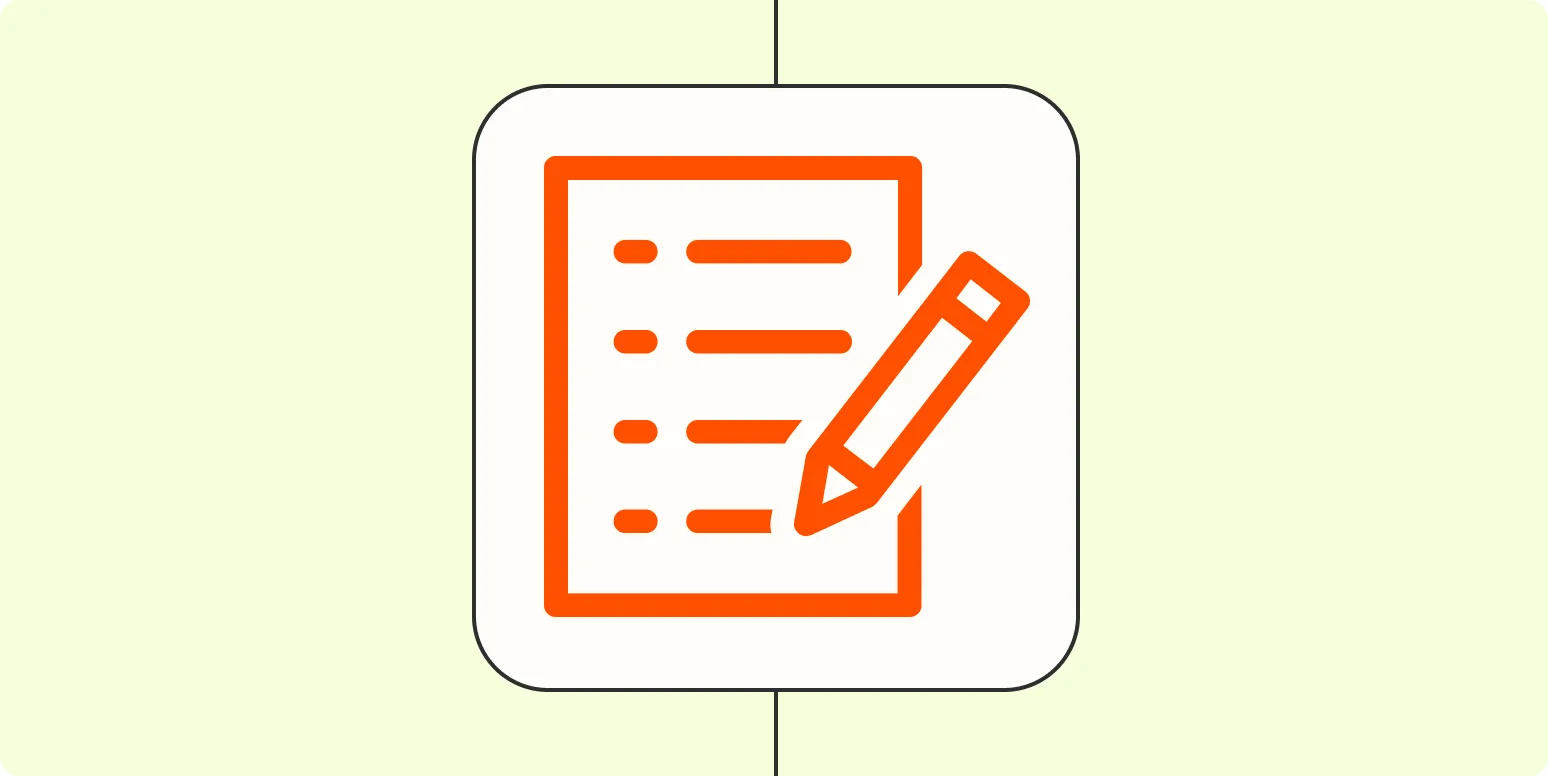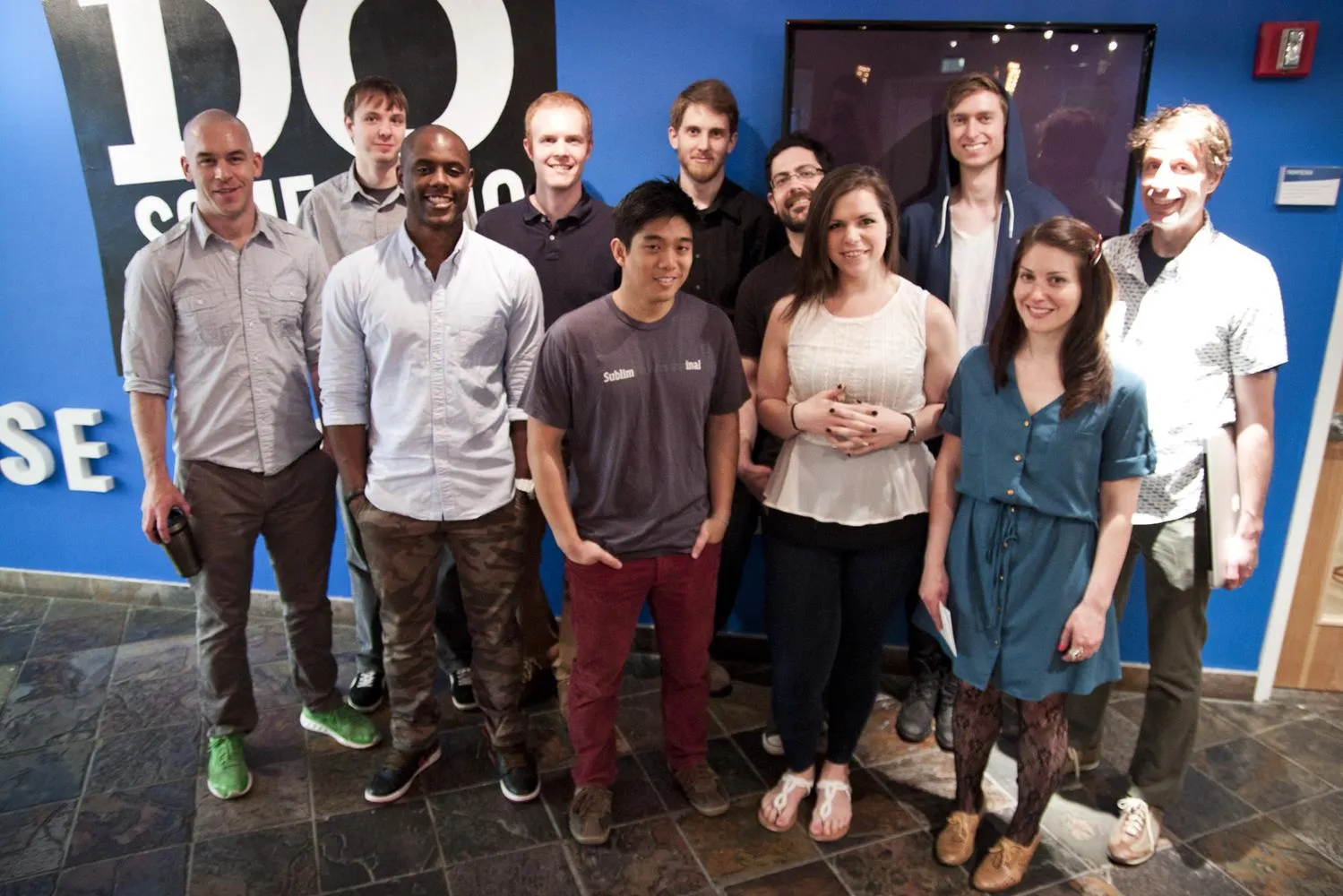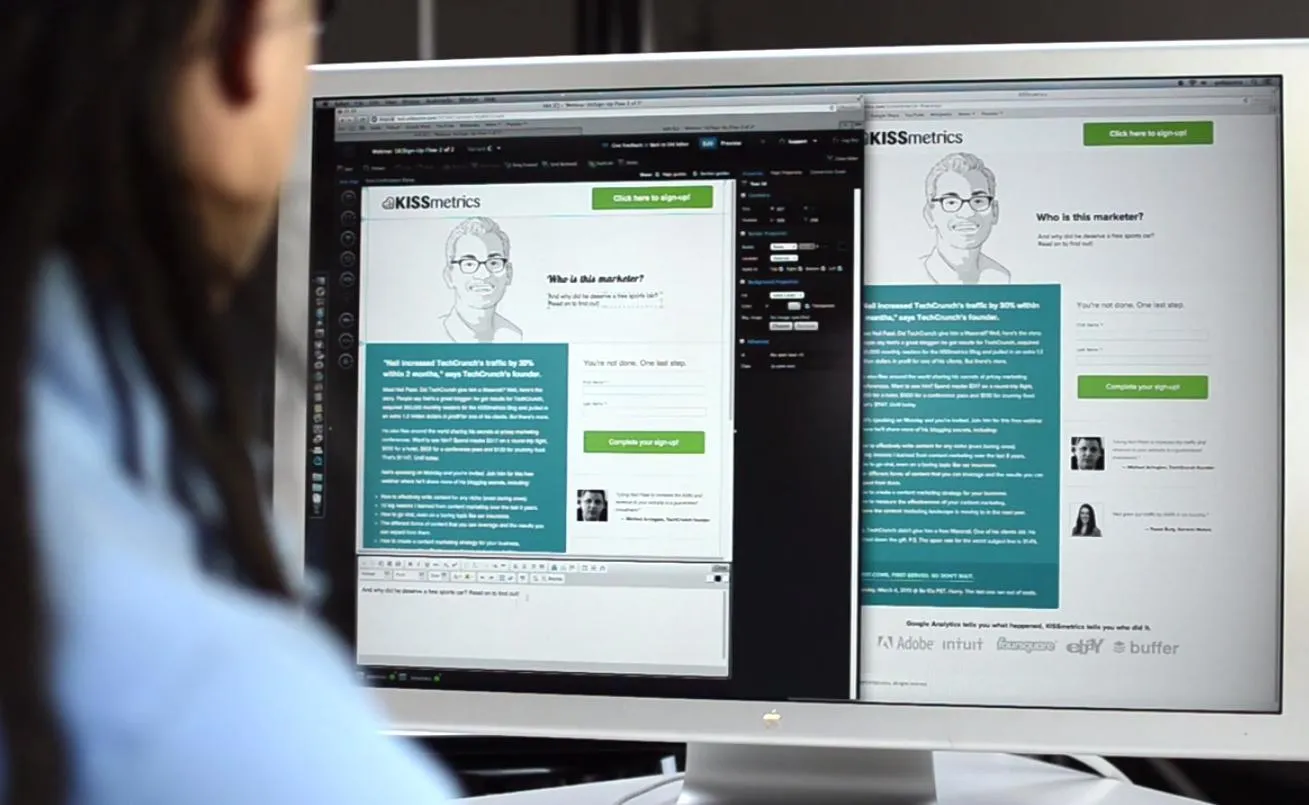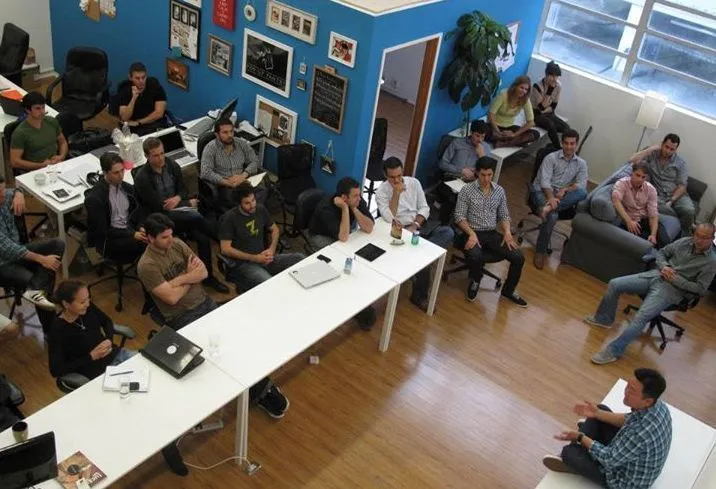In today's fast-paced digital landscape, businesses must respond to inquiries as quickly as possible. One of the most effective ways to streamline this process is by using automation to follow up on contact forms. This approach not only saves time but also enhances customer experience, ensuring that potential clients feel valued. Here’s how you can implement automation in your follow-up process, with a specific focus on using ''referrerAdCreative'' to optimize your response strategy.
The Importance of Timely Follow-ups
Research indicates that the likelihood of converting leads diminishes significantly if follow-ups are delayed. In fact, a study by the Harvard Business Review revealed that companies that respond within an hour are seven times more likely to qualify a lead than those that wait longer than an hour. Therefore, implementing a ''contact form automation'' system is crucial for maintaining a competitive edge.
How Automation Works
Automation tools can help you manage incoming inquiries efficiently. They can automatically send acknowledgment emails, provide information about your services, and even schedule appointments without human intervention. Utilizing ''referrerAdCreative'' can enhance this process by segmenting leads based on their source, allowing for tailored communication strategies.
Key Steps to Automate Follow-ups
To effectively automate your follow-up process, consider the following steps:
| Step | Description |
|---|---|
| 1. Choose the Right Tool | Select an automation tool that integrates seamlessly with your website and CRM. Tools like Zapier or HubSpot can be beneficial. |
| 2. Set Up Triggers | Create triggers based on form submissions. For example, when a user fills out a contact form, an automatic response can be sent immediately. |
| 3. Personalize Responses | Using ''referrerAdCreative'', customize your messages. If a lead comes from a specific ad campaign, tailor the follow-up message to address that campaign directly. |
| 4. Schedule Follow-ups | Automate a series of follow-up emails to ensure consistent communication over time, reminding potential clients of your services. |
| 5. Monitor Performance | Track the performance of your automated follow-ups. Analyze metrics to see which messages yield the best responses and adjust your strategy accordingly. |
Utilizing ReferrerAdCreative for Targeted Follow-ups
One of the standout features of ''referrerAdCreative'' is its ability to track the source of your leads. By knowing where your leads are coming from, you can craft more relevant messages that resonate with their specific interests. For instance, if a lead came from a Facebook ad promoting a particular product, your follow-up can focus on that product, enhancing the likelihood of conversion.
Benefits of Automation in Follow-ups
Implementing automation for your follow-up processes has several benefits:
- Speed: Automation significantly reduces response times, ensuring that potential clients receive timely communication.
- Consistency: Automated systems maintain a consistent tone and message, reinforcing your brand identity.
- Scalability: As your business grows, automation allows you to manage a larger volume of inquiries without sacrificing quality.
- Data-Driven Insights: Automation tools often come with analytics features, enabling you to gather data on response rates and engagement levels.
Real-World Examples of Successful Automation
Many businesses have successfully implemented automated follow-up systems. Here are a couple of case studies:
| Company | Results |
|---|---|
| ABC Marketing | Increased lead conversion by 30% after implementing automated follow-ups within the first hour of inquiry. |
| XYZ Services | Achieved a 50% reduction in manual follow-up time by using automation tools to send personalized responses based on referrerAdCreative data. |
Conclusion
In conclusion, automating your follow-up process for contact forms can dramatically improve response times and enhance the overall customer experience. By leveraging tools that utilize ''referrerAdCreative'', you can ensure that your follow-ups are not only timely but also targeted and relevant. The result is a more efficient sales process, increased lead conversion rates, and ultimately, business growth. Embrace automation today, and watch your customer engagement soar!





